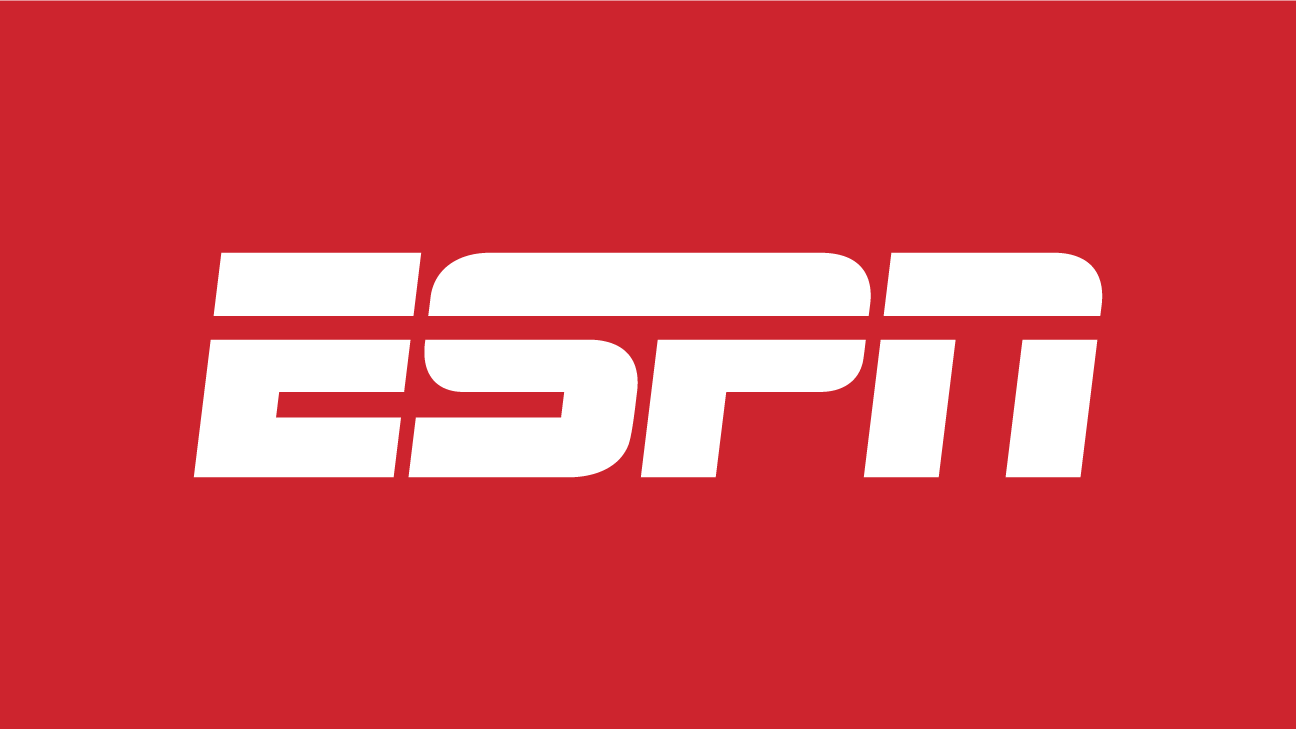| Home (41) | Division (13) | In-Conf (12) | Out-Conf (16) | Average | 2 Million | 5 Million | 10 Million | 15 Million | | Anaheim | 13.30% | 10.68% | 7.96% | 7.20% | 8.95% | $179,000 | $447,500 | $895,000 | $1,342,500 | | Boston | 9.00% | 8.03% | 7.20% | 7.96% | 6.87% | $137,400 | $343,500 | $687,000 | $1,030,500 | | Buffalo | 10.90% | 8.03% | 7.20% | 7.96% | 7.65% | $153,000 | $382,500 | $765,000 | $1,147,500 | | Calgary | 11.00% | 10.68% | 7.96% | 7.20% | 8.01% | $160,200 | $400,500 | $801,000 | $1,201,500 | | Carolina | 4.50% | 7.20% | 7.20% | 7.96% | 4.92% | $98,400 | $246,000 | $492,000 | $738,000 | | Chicago | 4.95% | 5.24% | 7.96% | 7.20% | 4.82% | $96,400 | $241,000 | $482,000 | $723,000 | | Colorado | 4.40% | 5.24% | 7.96% | 7.20% | 4.59% | $91,800 | $229,500 | $459,000 | $688,500 | | Columbus | 3.50% | 7.20% | 7.20% | 7.96% | 5.51% | $110,200 | $275,500 | $551,000 | $826,500 | | Dallas | 0.00% | 5.24% | 7.96% | 7.20% | 2.79% | $55,800 | $139,500 | $279,000 | $418,500 | | Detroit | 4.25% | 8.03% | 7.20% | 7.96% | 4.92% | $98,400 | $246,000 | $492,000 | $738,000 | | Edmonton | 11.00% | 10.68% | 7.96% | 7.20% | 8.01% | $160,200 | $400,500 | $801,000 | $1,201,500 | | Florida | 0.00% | 8.03% | 7.20% | 7.96% | 3.18% | $63,600 | $159,000 | $318,000 | $477,000 | | Los Angeles | 13.30% | 10.68% | 7.96% | 7.20% | 8.95% | $179,000 | $447,500 | $895,000 | $1,342,500 | | Minnesota | 9.85% | 5.24% | 7.96% | 7.20% | 6.83% | $136,600 | $341,500 | $683,000 | $1,024,500 | | Montreal | 21.75% | 8.03% | 7.20% | 7.96% | 12.10% | $242,000 | $605,000 | $1,210,000 | $1,815,000 | | Nashville | 0.00% | 5.24% | 7.96% | 7.20% | 2.79% | $55,800 | $139,500 | $279,000 | $418,500 | | New Jersey | 10.75% | 7.20% | 7.20% | 7.96% | 7.48% | $149,600 | $374,000 | $748,000 | $1,122,000 | | New York I | 10.90% | 7.20% | 7.20% | 7.96% | 7.54% | $150,800 | $377,000 | $754,000 | $1,131,000 | | New York R | 10.90% | 7.20% | 7.20% | 7.96% | 7.54% | $150,800 | $377,000 | $754,000 | $1,131,000 | | Ottawa | 9.16% | 8.03% | 7.20% | 7.96% | 6.94% | $138,800 | $347,000 | $694,000 | $1,041,000 | | Philadelphia | 3.07% | 7.20% | 7.20% | 7.96% | 4.33% | $86,600 | $216,500 | $433,000 | $649,500 | | Pittsburgh | 3.07% | 7.20% | 7.20% | 7.96% | 4.33% | $86,600 | $216,500 | $433,000 | $649,500 | | San Jose | 13.30% | 10.68% | 7.96% | 7.20% | 8.95% | $179,000 | $447,500 | $895,000 | $1,342,500 | | Seattle | 7.00% | 10.68% | 7.96% | 7.20% | 6.37% | $127,400 | $318,500 | $637,000 | $955,500 | | St.Louis | 4.70% | 5.24% | 7.96% | 7.20% | 4.72% | $94,400 | $236,000 | $472,000 | $708,000 | | Tampa Bay | 0.00% | 8.03% | 7.20% | 7.96% | 3.18% | $63,600 | $159,000 | $318,000 | $477,000 | | Toronto | 9.16% | 8.03% | 7.20% | 7.96% | 6.94% | $138,800 | $347,000 | $694,000 | $1,041,000 | | Utah | 4.65% | 5.24% | 7.96% | 7.20% | 4.69% | $93,800 | $234,500 | $469,000 | $703,500 | | Vancouver | 16.50% | 10.68% | 7.96% | 7.20% | 10.26% | $205,200 | $513,000 | $1,026,000 | $1,539,000 | | Vegas | 0.00% | 10.68% | 7.96% | 7.20% | 3.50% | $70,000 | $175,000 | $350,000 | $525,000 | | Washington | 10.90% | 7.20% | 7.20% | 7.96% | 7.54% | $150,800 | $377,000 | $754,000 | $1,131,000 | | Winnipeg | 13.40% | 5.24% | 7.96% | 7.20% | 8.28% | $165,600 | $414,000 | $828,000 | $1,242,000 |
Some notes:
- Home tax numbers taken from Turbotax.
- I realise this isn't perfect. For example, single people pay a different rate vs married with children. That and this is based on their entire income, but the first ~200k is often in a lower bracket. It's just a rough guide.
- Schedules are based on 41 home games, 13 divisional games, 12 inner-conference games, and 16 outer-conference games. The 'average' tax column is based on this (41xHome + 13xDiv + 12xIn + 16xOut)
- Other average such as 'Division' is just an average of every team in that category. |

